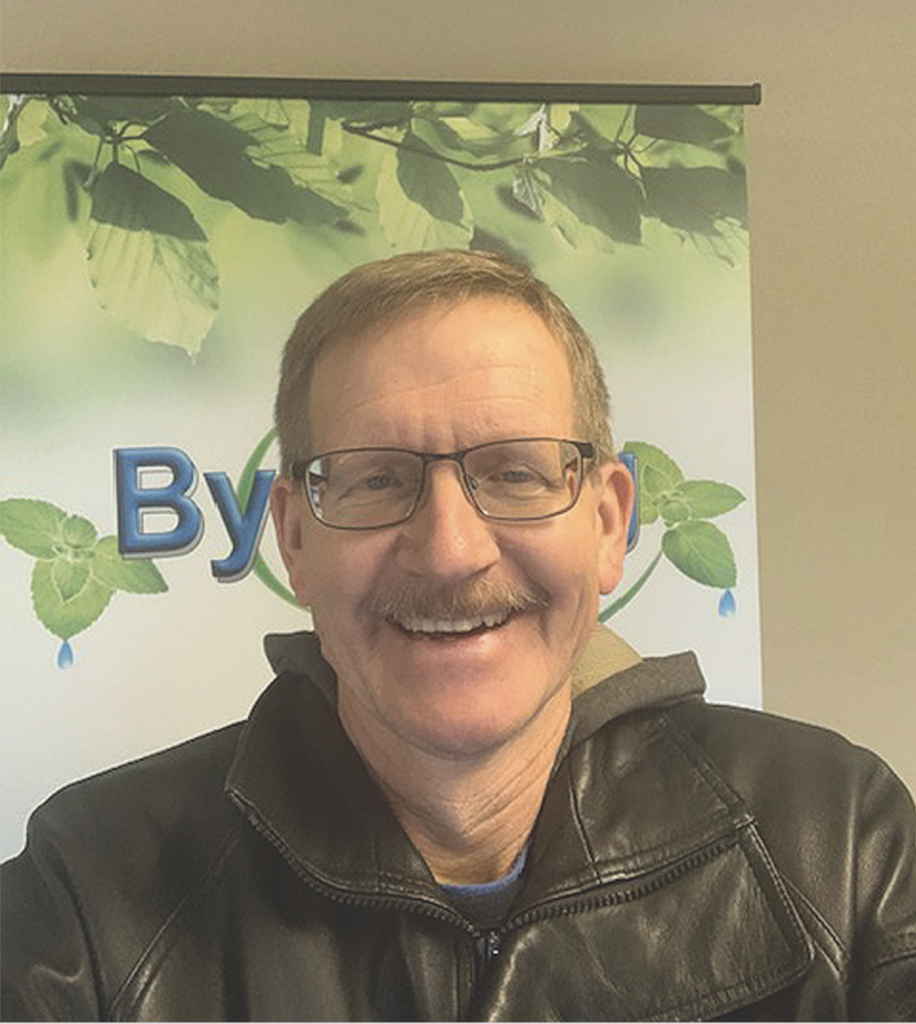
Pressure to cut back on antimicrobials is pushing Canadian livestock producers to seek new options for protecting their herds and flocks from disease.
That trend has created fertile ground for the development of new products aimed at building an animal’s natural defences so there is less need for antimicrobials. Some of those products, but not all, will live up to the promises on their labels, says Steve Laycock, general manager of Accelerated Agriculture Inc. in Canada.
“There is no magic bullet,” Laycock said in an interview with Prairie Hog Country.
Clean water and strict bio-security are the most important tools available to protect swine herds from disease, he said. With that in mind, producers who are considering feed additives need to create a decision tree to help determine whether they have an issue, what is causing the issue, and what means are available to address it.
Some of the most valuable resources available in working through that process can be found through cultivating a small circle of trusted experts who will offer educated opinions about things that work and things that are simply a waste of money and effort, said Laycock. That does not include social media, and it may not necessarily include other producers, he said. But it could include a nutritionist, your genetics supplier, and production specialists such as those working with Alberta Pork as well as someone who has a good understanding of equipment.

Among the relatively new products now being promoted in Canada is By-O-Reg+, a mixture of essential oils including oregano, cinnamon, chicory root and Vitamin C. By-O-Reg+ is the flagship of a series of feed additives developed by Advanced Ag Products, based in Canton, South Dakota.
Nick Korver, general manager for the Advanced Ag Products in Canada said the factor that sets By-O-Reg+ apart is that it is coated so that the essential oils are protected from the digestive tract until they reach the hind gut, where they are most useful to the animal.
At this time, By-O-Reg+ is registered with the Canadian Food Inspection Agency as a flavour enhancement and is the only product in the series that is available in Canada.
Korver said he recognizes that this product will not replace antimicrobials, but said various trials done at universities in the United States as well as some farm trials have shown that it has a positive impact on animal health.
“I’m no nutritionist or vet, but if we can get that product into the hind gut, that’s where it’s going to start to actually develop and build up good bacteria,” he said in an interview with Prairie Hog Country.
“It’s not an antimicrobial. It’s not killing anything per se, but it’s building up the good bacteria.”
Advanced Ag is taking steps to bring more of its products into Canada and is doing a trial on a poultry farm in BC, said Korver.
Producers looking at products like this need to determine whether it is a good investment for their farm, and not base their decision on the promises made in a sales pitch, said Laycock.
“There are some great products. Producers need to maybe ask more clarification questions before they jump on to the bandwagon of using a product. How do you make an informed decision on trying a new product? The answer is you should be working with your circle of trusted people in your operation.”
For example, a feed additive, no matter how effective, is not going to resolve an immunity issue if the pigs are not getting clean water, he said.
Your trusted circle of experts should be able to help you analyze your operation and determine where you need to make changes.
Additionally, Laycock said it is inadvisable to make more than one change at a time, because that makes it difficult to measure the impact of any of those changes.
He said producers need to get some extra eyes in their barns from time to time because it is sometimes hard to see the changes in front of your face.
He drew an example of a room that had suddenly developed a problem with tail biting that neither the producer nor the barn staff could figure out. Entering the room, he noticed that it was unusually bright, and asked if a light had recently been changed. As it happened, the tail biting had started on the day the light was changed.
“What you need is people with poop on their boots. I spend the majority of my time in the field. If I didn’t, I would not uncover the truth. You walk in and you’re able to see and hear and smell and all of a sudden you go, well, why are the lights so bright, or why are the feeders so high or why is the water flow so low?”
Producers need to learn how to ask questions about the products and services being presented to them, said Laycock. They need to measure the performance in their operations and lean on their circle of trusted experts to help them determine where they should make changes rather buying into “that shiny ball” that may or may not solve a problem. •
— By Brenda Kossowan





